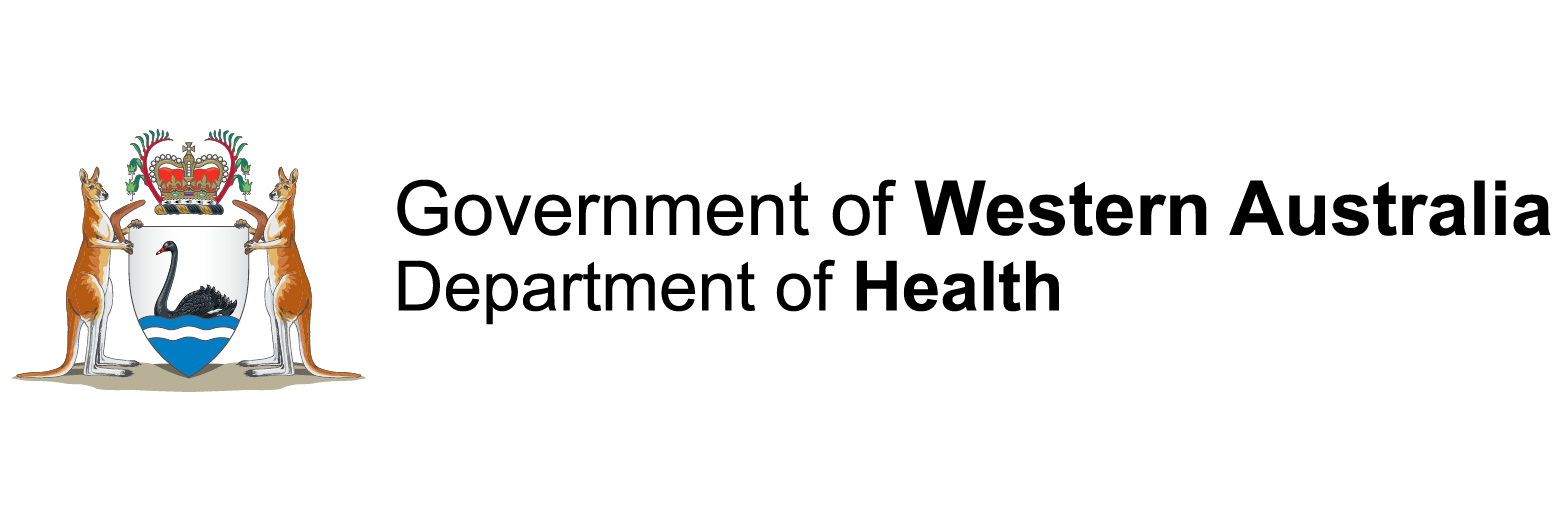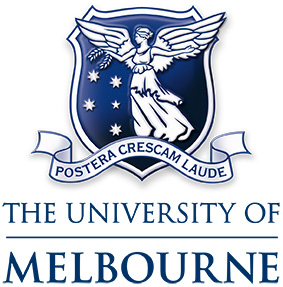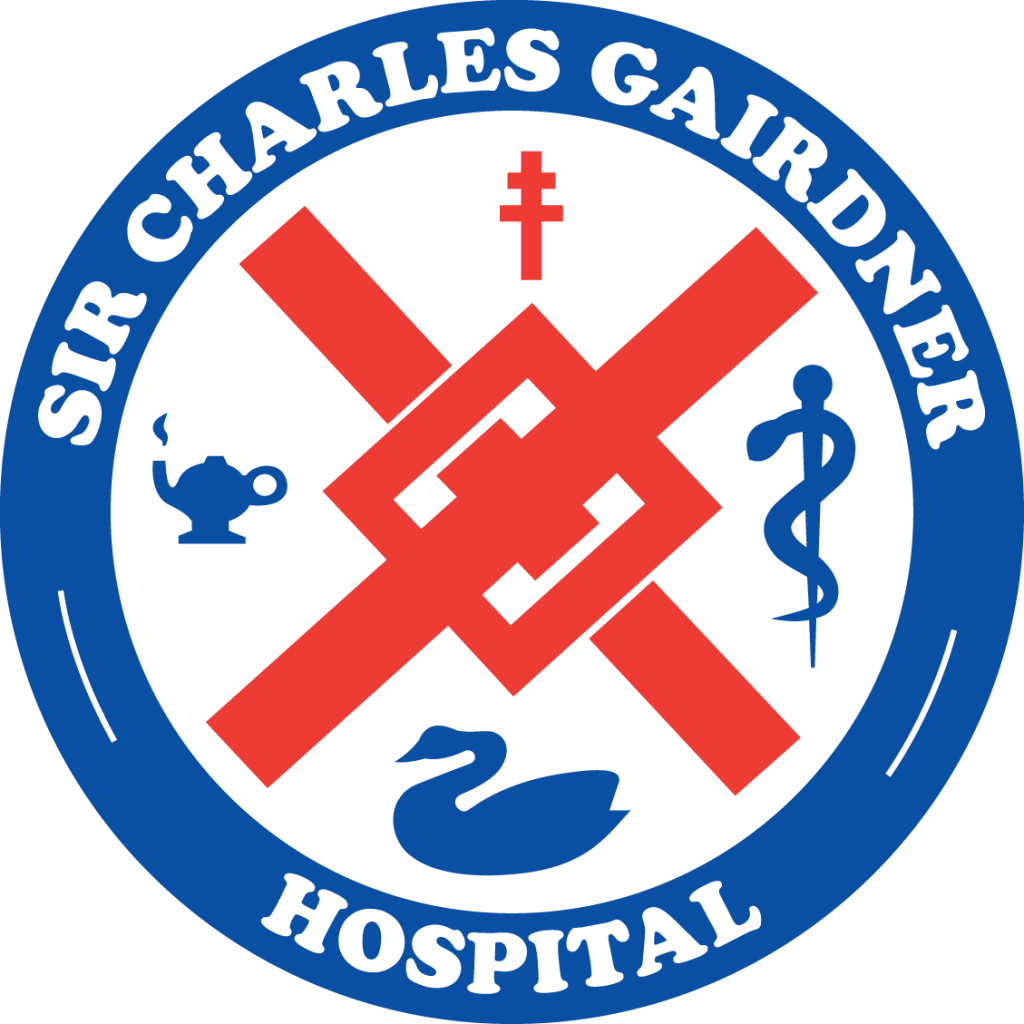PROJECT
Stratified screening for cancer
Transforming healthcare through new screening methods
Population screening for breast, bowel and cervical cancers typically targets older age groups with a higher risk of developing cancer. However, screening younger people could have significant benefits for early detection and intervention.
Our project team believes that by designing a process of risk stratification to identify high-risk individuals, there is potential to transform healthcare through earlier diagnosis and more effective prevention of disease.
This project aims to develop a new cancer screening program, which incorporates comprehensive genomic, lifestyle and family history data, to identify those at high risk. This research could potentially lead to better treatment, improved prognosis and lower healthcare costs.
Initially, we are focusing on designing a stratified risk approach for colorectal cancer as a proof of principle, before expanding to other cancers such as breast, cervical and prostate.
Through the research team, led by UWA professors Eric Moses and David Preen, we will collate epidemiological data on genomic and lifestyle risk factors describing disease occurrence in the WA population. We will also evaluate the benefits, harms and costs of using different interventions at different levels of genetic risk.
This project was awarded the inaugural Cancer Council WA Capacity Building and Collaboration Grant, which was established from an anonymous $1.2 million donation.
Project goals
- Assemble epidemiological data on genomic and lifestyle risk factors describing disease occurrence in the WA population.
- Incorporate lifestyle and other risk factors to identify people who will benefit from early detection and earlier interventions.
- Evaluate the benefits, harms and costs of using different interventions at different levels of genetic risk.
- Investigate community and healthcare provider attitudes towards the acceptability of genetic stratification and the idea of incorporating genomic data into predictive health records.
- Integrate a new model into public health systems.
PhD opportunities
This project can be tailored to suit an honours, master’s or PhD project scope and would suit a student interested in pursuing a research interest in statistical genetics or public health.
A good understanding of statistics (e.g. use of SPSS or R) and some programming experience would be an advantage.
If you meet the eligibility criteria and would like to discuss a proposal, contact Professor Eric Moses.
Readings
If you are interested in our research, you can read more on integrating personalised genomics into cancer risk models:
- Cenin, D., P. O’Leary, I. Lansdorp-Vogelaar, D. Preen, M. Jenkins and E. Moses (2017). “Integrating personalised genomics into risk stratification models of population screening for colorectal cancer.” Aust N Z J Public Health 41: 3-4.
Collaborations
This project involves experts in genomics, bioinformatics, population screening, cancer services, epidemiology, economic modelling, cancer genetics and community engagement. We also work with the following institutes.




